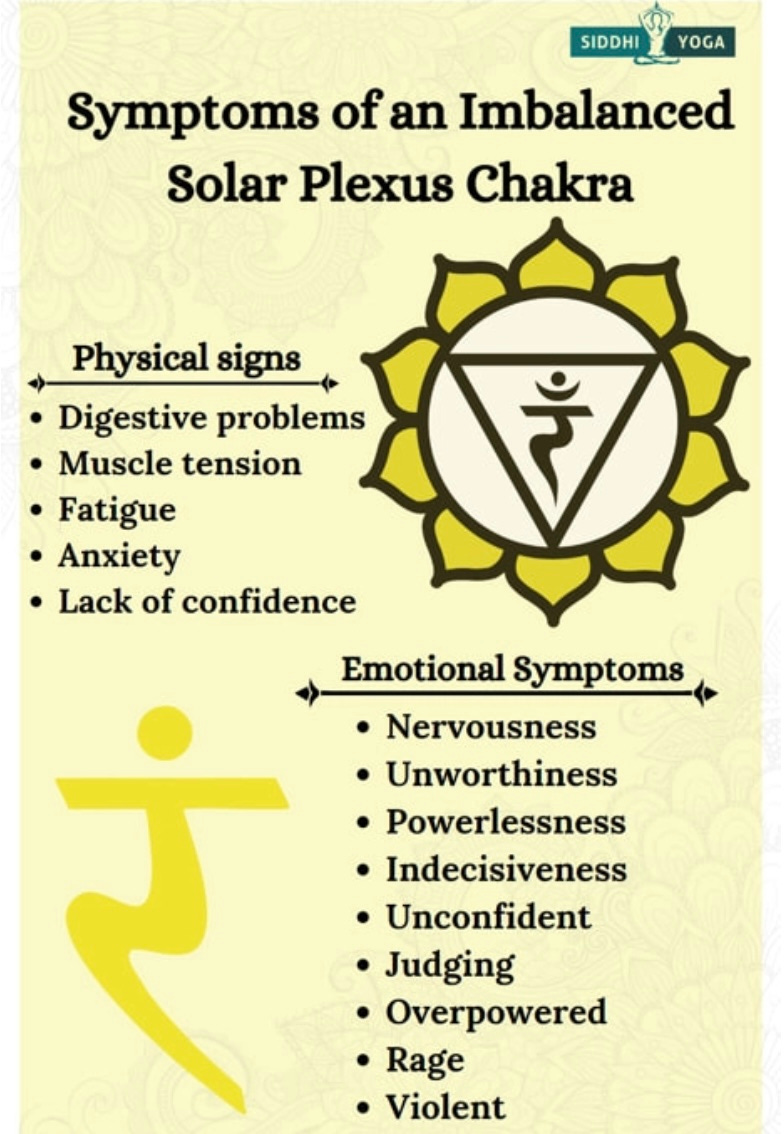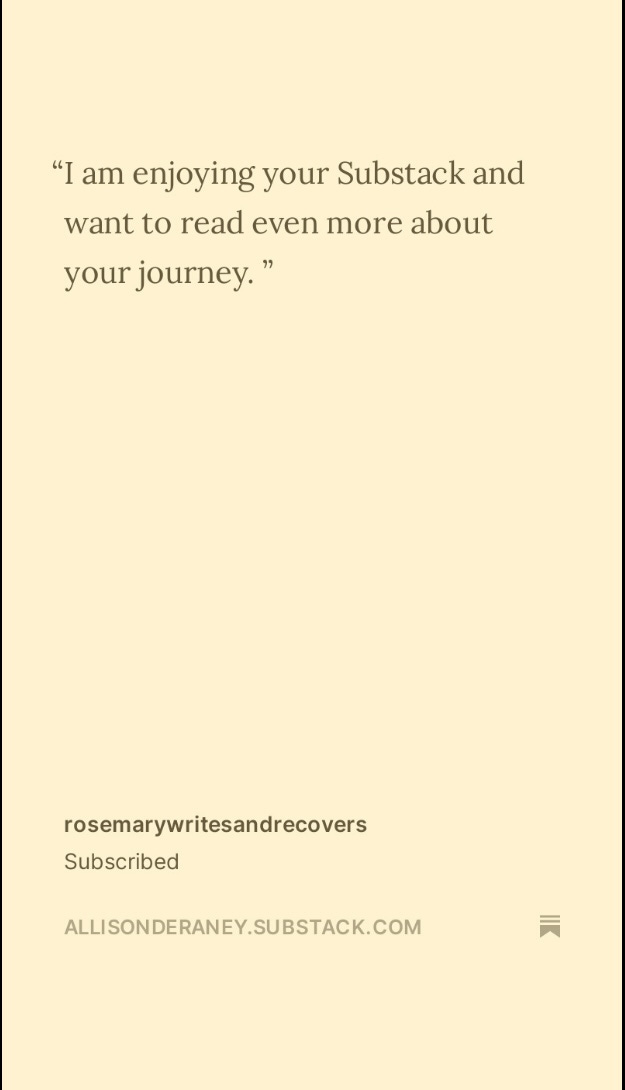Today I am kicking off my 5-part series on a book that left a mark on me in my early days of sobriety. It is not a book about addiction, though it contains many lessons of how to free yourself from afflictions. I first learned of the book, The Four Agreements from some friends I made in early sober circles back when I was inhaling all the quit lit I could get in front of my eyeballs.
The man responsible for the text is Don Miguel Ruiz - a Mexican author known for his profound spiritual teachings. His work centers around Toltec wisdom and neoshamanistic texts, which resonate with those seeking spiritual enlightenment. This small but mighty book proposes the premise that everything we do is based on agreements we have made - agreements with ourselves, with other people, with God (or your own Higher Power), and with life. But the most important agreements are the ones we make with ourselves. You may glance at the agreements and think, ok - pretty basic. On their face they are so simple. But practicing them is not always easy. We, as humans, over complicate them.
Today’s exploration will focus on Chapter 1 - Domestication and the Dream of the Planet. It lays the foundation from which the four agreements rise. Consider it the ground floor that warrants a visit before hopping in the elevator to go up and view the world below.
My hope in the next few weeks is to collectively walk through (and write through!) this text together as a community. I’ll offer my individual takes, offer up some food for thought (possible writing prompts) and encourage sharing of experiences.
This is a total experiment of sorts. I am not confident in my ability to facilitate this series, but I am super excited to give it a shot. Since I began regularly posting in my space DARE TO BE DRY, my writing process has been all over the place. So far, it seems to be working for me. I don’t just sit my ass in the chair. That doesn’t work for me (I am PRAYING for the day that it just works that way). What happens to me is I get hit with all these ideas or topics I want to write about (these pop into my head in during all those randomness of life moments - middle of the night while rolling over in bed, when out walking the dog or in the shower or while driving the car). I either scribble a note to myself or I journal on it if a pen and paper are nearby. More often it looks like me voice texting or sending voice notes to myself whenever these downloads come to me. And then a day or two before I post an essay, my process is to then finally sit in the seat and weave it all together.
Yesterday I knew I was going to be spending a good amount of time braiding together my thoughts on the domestication part of the beginning of this book. As I set out on my early morning walk with the dog, I thought maybe I should search on Apple Podcasts for an episode to listen to that focuses on the themes of domestication in the Four Agreements. As the universe would have it, for whatever reason my phone wouldn’t sync up to my earbuds. So, I was forced to walk with just my thoughts (imagine!) The irony was not lost on me. Here I was, domesticated and conditioned to look for outside voices to tell me about the meaning behind this part of the book. Like the hundreds of times before in my life, I was ready to stifle my own words in place of someone else’s voice drowning out my eardrums, telling me what the text “means”. I have trained myself to first turn to external validation and credentials rather than trust my own. Why did my first step in approaching this essay need to be launched or inspired by someone else before I allowed myself to dive in deep on how it moved me? The forced walk with my own silence and mind was the universe’s way of winking at me and saying, “Girl - you need to step back into your power and speak from your own experience.”
With my eyes and my heart - I see this first part of the book as the dream we all share. Ruiz begins Chapter 1 with the sentence, “What you are seeing and hearing right now is nothing but a dream.” He starts off examining the collective mind. Describing how even when awake, the mind dreams. “We are born with the capacity to learn how to dream, and the humans who live before teach us how to dream the way society dreams.” The stacking up of all these “outside” dreams in our consciousness is how we get wired to become “us.” The outside dreams are what “hooks the child’s attention and introduces rules.” We pick up rules everywhere we go. In society, in our family of origin, our culture, school, from peers, government, organized religion. Our outside awake dreams contain endless rule books, and we learn to read from the pages of this library. Even before we are ever literate. And it becomes the water we swim in. So, we never really get a chance to determine if these are rules that feel true to us. We don’t know that we can find dry land.
Ruiz calls this process the domestication of humans. It is the stacking of one belief upon the other. Our families’ house rules are the first ones that get infiltrated into our psyche. These are the ones held up by a system of rewards and punishments. Our introductory course into conditional love. Life’s first classroom.
When we did what mom and dad wanted us to do, we felt their love stronger. When we were “good” and behaved well, we were praised. We quickly learned the concept of “I love you if……” That is how it is conceptualized even though (even when) parents claim to love their kids unconditionally - it is not our first instinct to raise our precious humans this way. Because the passing down of domestic rules becomes habitual, intergenerational and customized. Call it human nature.
Gradually, we grow into adult sized versions of our child selves and all this domestication has trained us to be our own domesticator. We don’t even need others to punish us anymore, we are so good at doing it ourselves. We reward ourselves for “being good” (I deserve that wine tonight with dinner because my workday sucked, I earned that bowl of ice cream for the 50 burpees I did).
Most people I know hear more from their inner critic than their inner cheerleader. I know I fall into that camp. Ruiz explores this as a “Book of Law”. We all have our own and whatever fills those pages we take as absolute truth. “We base all of our judgements according to the Book of Law even if these judgements go against our own inner nature.” There is the “inner Judge” and another part he calls the “Victim”. Throughout the years, I’ve slid in and out of these roles interchangeably. Sometimes multiple times a day. My Inner Judge packs a bag full of self-blame, guilt, shame (this bag was a LOT heavier when I was drinking, though!). Being a parent fills this bag often, too. I can also easily carry around a box labeled VICTIM strapped to my chest. This is when I feel so sorry for myself (“poor me -I can’t go on that vacation”, or “that person cut me off and here are all the ways I am going to let him know he is a complete asshole”, or “why didn’t I get the invite to that thing, why don’t I have as many likes or followers as her?”)
The Judge and Victim become so familiar to us that when we do or say something that goes against their customary behaviors, we step into territory that many don’t like visiting. It is a place called fear. This is what Ruiz describes as “a funny sensation in your solar plexus” - that part of our body right above your navel in the upper abdomen. You know the one. You feel it when you have a gut reaction to something or someone. You feel it when you get butterflies. It stirs things up when you are scared and excited. And the driver of those feelings is fear. I’ve learned in sobriety that when I feel fear visiting me, I am on the track to something worth doing.
You see, even if the Book of Law you have been following forever is wrong, it is what has been keeping you safe. Because familiarity is what makes us feel safe. Fear can lead us to new safety measure though. We can re-write our Book and fill it with new agreements. Truer rules. Our own table of contents.
Somewhere along the way, we get split from our true self. Domestication muddies the waters making the reflection we see when we look in the mirror hard to recognize. For me, it took decades of trying to figure out what my values were in my core. And it wasn’t until sobriety that I landed on some ground that finally felt solid. A sober life brings lots of stability. Except, the ground can still get shaky. Even with all the work, (and I say this with no regret or resentment because it is the BEST kind of work/the BEST kind of hard), I can still find myself asking: where is my power? I learned lyrics to other people’s songs, steps to other people’s dances and they became so familiar that they felt like my own. Until that one time in reciting the words to a song I didn’t write, I realize this isn’t me. I am performing.
We learn from everybody else before we learn from ourselves. It starts right away. The challenge is in the unprogramming. How do we untie ourselves from the identity we’ve wrapped ourselves tightly into?
There’s this inner dialogue that becomes so familiar. It is our mother tongue. This turmoil that stirs within - a battle ensues between the thinking and the feeling - all a result of domestication.
And before we know it - we are domesticating ourselves daily. We have tunnel vision projecting only those moments we did not perform our best. It shows up every time we slide our bodies along measuring sticks of worthiness. Looking at where we size up and thinking, I should be higher/lower/somewhere else. And then, when we get close to that targeted spot on the yardstick of worthiness, we reward ourselves. OTHERS reward us. Likes, follows, retweets, restacks. Reminders of how we get our love. Outside of ourselves. But that love burns out fast. It’s hard to sustain that flame. Because when we’re looking for outside validation, we forget what lights us alive inside. That internal authentic flame. The REAL fire. True love.
Upon waking this morning, I had a synchronic reminder of all of this. The first words I read every day come from Richard Rohr and the Center for Action and Contemplation. Today’s daily meditation was titled A New Liveliness in which Rohr speaks of the hero’s journey of inner transformation.
It seems Rohr and Ruiz are ripping pages from similar books. Rohr offers up:
The hero’s task always has been to bring new life to an ailing culture.
The hero “falls through” what is merely their life situation to discover their Real Life, which is always a much deeper river, hidden beneath the appearances. Most people confuse their life situation with their actual life, which is an underlying flow beneath everyday events. This deeper discovery is largely what religious people mean by “finding their soul.”
The hero returns to where they started and “knows the place for the first time” [2], but now with a gift or “boon”.
Our essence is filled up with all the ways we yearn to dream. We all have them. Dreams, desires, wants. It’s just that fear does a really good job of keeping them out of arm’s reach. The thing is, we can all be our own hero. We can go back and dig up our deeper truer self. The one who is ready for a new Book of Law.
The Agreements that follow in this book feel like the pathway to emotional sobriety for me. Remember that lantern I was holding up in my first Substack post Discovering Recovery? If I keep these agreements to myself and others, I think that’s what will help me set down that lantern. Because I will finally see me as me. I will finally be free.
What I’m slowly learning (well, learning and unlearning actually) is that the masks I wore as a kid, the ones I still slap on my face, is part of the whole spiritual process. When we hold the masks in our hands, look at them and examine why we needed this particular mask to keep us safe, we get that much closer to seeing our true face. Our essence. The face unmasked. Unmoored. And overtime, we begin to want to show the world our true face. Wrinkles, tears, frowns and all.
Before I sign off, I want to give a shout out and send along a tremendous THANK YOU to
for upgrading to a paid subscription this week. I am so appreciative of the support, and I love having the company on this writing journey.
So much gratitude to you ALL - no matter what tier of a reader you are here. Heartfelt gratitude to all of you that share this space with me.
LET’S EXPAND ON THIS:
For this series, I decided I will leave little nuggets of related things this book is turning me towards. I have a consistent yoga practice that I do at home. Yoga with Adriene is my happy place. She is the real deal and delivers clarity to my mind each morning. Here is a 40-minute yoga practice that focuses on that solar plexus that is so worthy of attention. Third Chakra Yoga
Here is a great exploration and A Simple Guide for Healing Solar Plexus Chakra
Something to ponder (perhaps a writing prompt?) As writers, we are told to “find your voice” so that your readers can easily identify you and know you more intimately. Have you found a voice you can trust on the page? How does this voice show up OFF the page?
If you enjoyed this part one of the Four Agreements series and want to take it a bit deeper, I am offering paid subscribers a community Zoom call at the end of the 5 weeks. I also send a newsletter on Wednesdays to paid subscribers. Next Wednesday I will share my response to the prompt above. I would love to have you join me!
If something spoke to you here, would you consider sharing it or passing it on? This weekly letter is my new labor of love. Your word of recommendation helps grow my reader community and helps expand my heart.
If you enjoyed reading this piece, please do send me some hearts,
comment,
or restack










Such a powerful series, Allison! I love this area of exploration and am excited to follow along. I believe that what we experience as "reality" is but a teeny sliver of what exists - both because of our "domestication" and because of the limitations of human sense perception (which we seem intent on dulling more and more).
As a more personal, down-to-earth example, I've been feeling extra down lately about being a "failure" at life. But the other night, during meditation, I realized that I'm basing that "failure" on markers and milestones that, while I'd like to have them, are actually not the most important thing to me. I'd rather be able to move my body with ease, have good health, and feel as though I'm learning to live life more beautifully in relation to others than to have fame, fortune, fancy things, fancy titles, and so forth. Like literally, if someone were to ask me to trade health for any of that, I'd refuse. (And I recognize that not everyone has good health and I may not for always, but I'm extremely grateful for it currently. Same with having a lovely home, loving relationships, etc.) Anyway, my big insight from that meditation was a surprising: "I'm doing pretty well, actually!"
I love that you’re doing this. I just bought a copy of the book for my son in college and dug out my old copy for myself an air. I haven’t read your entire essay just yet but wanted to say thank you.